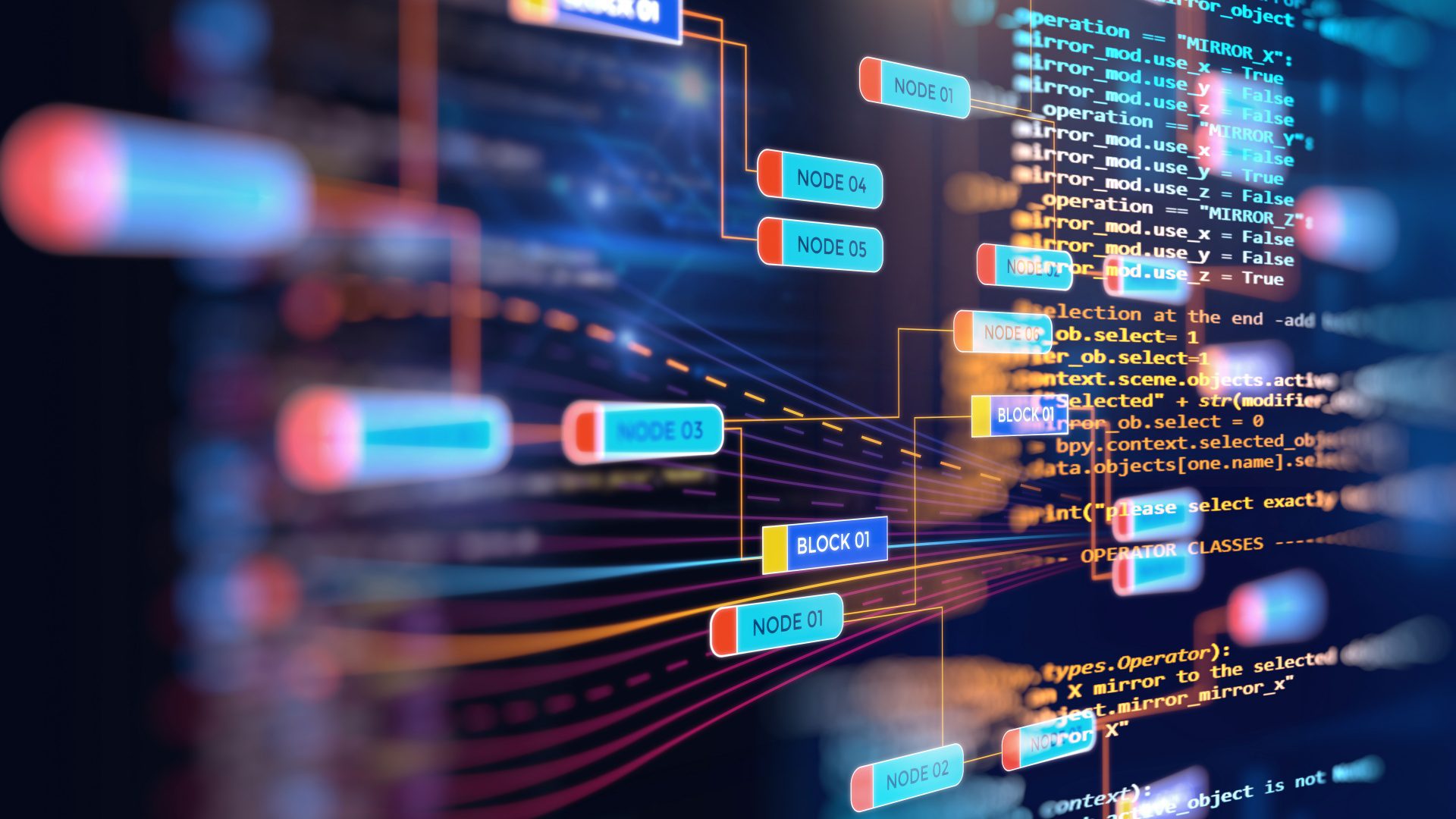What is Data Lineage?
This is the context where Data Lineage (DL) comes in. Data Lineage is a discipline of data science that traces the whole life cycle of data to understand how they change over time and how they are used.
In the digital transformation process occurring over the last few years data represent the most precious resource for companies aiming to remain competitive in an increasingly digitalized world. This factor is key and highlights how data must be managed effectively to make correct decisions, analyse trends and develop new products.This is the context where Data Lineage (DL) comes in.
Moreover, Data Lineage:
- Provides a complete and detailed data view of how they are extracted from different sources, processed and transformed;
- Ensures that company information get managed and used correctly in full compliance with regulations such as the GDPR.
- Follows the evolution of data through several pipelines;
- Detects anomalies and errors and quickly fix security issues and problems;
- Reduces the risks associated with manual processes;
- Ensures private data get properly used complying with data privacy regulations;
- Implements measures to increase information quality and resources optimisation.
The adoption of solid Data Lineage strategies within companies basically means saving time and reducing costs for key data-related and data-driven operations. On the other hand, the expected outcome refers to improving efficiency and accelerating the transformation process of data into value, thus making well-informed decisions. Furthermore, DL plays a key role in the definition of the data governance strategy and allows companies to manage data in a secure, effective and ethical way.
Why is Data Lineage important?
Data Lineage represents the most important lever to fully exploit the potential business value of the data, transforming precious information into a factor of richness. Indeed, Data Lineage fosters the correct use of data and the comprehension of the most appropriate way to handle them. Here are the main benefits of Data Lineage:
- More accurate and useful analytics, as Data Lineage enables to know where data is coming from, what it means or what is used for, allowing companies to learn significant information to guide the decision-making process;
- Stronger data governance, as the adoption of the Data Lineage helps companies manage data correctly and use it in full compliance with the regulations;
- More efficient use of resources as, by understanding the data flow, companies can make a better use of available resources and optimise performance;
- Security and privacy, as Data Lineage helps to identify the most sensitive data that requires additional security measures and privacy policies;
- Risk reduction, as Data Lineage guarantees the correct use of data, facilitates the resolution of problems and improves risk management by ensuring that information is processed and archived according to data governance policies;
- Time saving and more productivity, as Data Lineage allows companies to complete data processing operations faster and more efficiently;
- Improved operational efficiency, as Data Lineage optimises the accuracy (in terms of quality, efficiency and security) of the information generated by Decision Support Systems (DSS), nowadays widely used by companies even for humanistic business areas like HR management. The World Economic Forum’s Future of Jobs Report 2023 highlights that technology will be key for business transformation, including relevant processes like recruitment, selection and training.
What is Data Lineage’s business value?
It’s easy to understand the great value of Data Lineage within any data-driven strategy, since it can provide a complete view of data flows, their origins and their transformations, with significant advantages for companies. Indeed, DL:
- Enables understanding of the company information flow and helps identify potential problems or anomalies and solve them more quickly and efficiently;
- Provides information needed to develop data governance strategies in compliance with security and privacy regulations.
Therefore, Data Lineage is a valuable resource for building a competitive advantage and unlocking the full potential of the information assets within companies, by:
- Optimising the correct and efficient use of data, saving time and costs;
- Improving the analyses accuracy to generate significant insights;
- Implementing strategies to support the achievement of business goals.
What are Data Lineage tools?
Data Lineage tools are softwares designed to track and visualise the evolution of data through several stages of processing. These tools are usually AI-powered since there’s a strong bond connecting the whole data science subject and machine learning, a key characteristic of artificial intelligence softwares.
By using Data Lineage tools, companies can:
- Get to a comprehensive view of their data landscape;
- Enhance data governance practices;
- Support decision-making processes based on accurate and trusted data.
The main features of Data Lineage tools include:
- Lineage tracking, as these tools record and track the journey of data from its origin to its destinations, identifying data sources and automatically scanning databases; in the process, they also collect metadata about data transformations;
- Lineage visualisation, as Data lineage tools provide visual representations of data lineage in graphic terms, helping users understand the whole data journey, the transformations applied and connections between different data elements;
- Impact analysis, as Data lineage tools enable users to assess the potential impact of changes or issues in the data pipeline, making possible to identify the downstream systems, reports or processes that may be affected;
- Metadata management, as these tools usually store and manage metadata about data sources, transformations, business glossaries, and other key information to provide context and enhance the understanding of the whole data lineage;
- Data governance and compliance, as these tools ensure firms about data quality and compliance with regulatory requirements about data lineage and traceability;
- Collaboration and documentation, as Data lineage tools facilitate collaboration among data stakeholders within a company, representing a centralised place for sharing data lineage information and providing work teams with resources to cooperate on data understanding, troubleshooting and decision-making processes.








